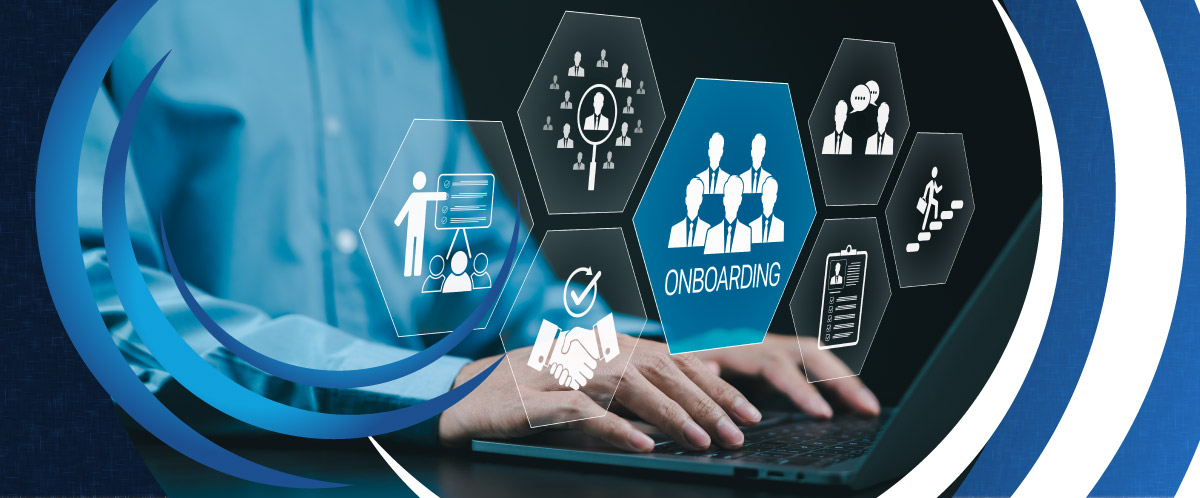How do we prepare a new generation of VR professionals for success—fast?
As VR and partner agencies work to expand their teams, many are hiring people who don’t have a traditional background in vocational rehabilitation. That brings both opportunity and challenge: how do we quickly deliver the foundational training these new staff need to support people with disabilities in reaching their employment goals?
That’s the driving question behind a recent national survey led by the Accelerated VR Training and Capacity Building Program at StaffUp ASAP.
Our goal: to better understand the training needs of VR professionals and their partners—so they feel confident, informed, and fully prepared to make an impact from day one.
Here’s what we found:
Over 70 VR agencies across all U.S. states and territories shared what’s working and what’s missing when it comes to staff training. Their answers spotlight the core areas that matter most—and where more support is needed.
Key Takeaway #1: Caseload Management Is Top Priority
Training in how to manage time, paperwork, authorizations, and performance expectations ranked highest in importance.
Agencies especially need training in:
- Workload and time management
- Policy, procedures, and compliance
- Effective case noting
- Data entry and documentation
Staff said they want practical tools and tips they can use immediately—not just theory.
Key Takeaway #2: Soft Skills Are Hard to Train—But Vital
Counseling and relationship skills are critical, especially when working directly with people navigating complex employment journeys.
Important topics include:
- Client goal setting, exploration, and development
- Policy, procedures, and compliance
- Strong relationship-building with community partners
- Customer service and communication skills
These areas scored high in both importance and need for additional training.
Key Takeaway #3: Career Guidance Takes Center Stage
Helping clients build a career—not just find a job—requires a special skillset. The survey revealed a strong need for training in:
- Career pathway planning
- Supporting upskilling or reskilling
- Advancing employment outcomes
As employment evolves, so should the way we guide people along the way.
Key Takeaway #4: Understanding Disability Is a Must
Staff and community providers want better training on different types of disabilities and how to support people effectively.
High-need training areas include:
- Mental health
- Intellectual, developmental, and cognitive disabilities
- Psychosocial aspects of disability
Many also called for more awareness training around disability etiquette and best practices.
Key Takeaway #5: Community Providers & WIOA Partners Need Help Too
VR agencies noted their community partners —especially those in the workforce system—need stronger training in the same areas.
The biggest gaps were in:
- Understanding disability and adjustment
- Providing individualized support
- Using modern employment strategies
This highlights the need for shared learning across systems.
Can Staff Commit to a 12-Week Training Program?
Yes! Nearly half of the agencies said their staff could commit to 4 hours a week for a 12-week, remote training program. Another 46% said they weren’t sure—suggesting that flexibility and clarity about expectations will be key for engagement.
Update: This training program is now offered as a 15-week format.
Why This Matters
When VR staff and partners are well-trained, the results are clear: better services, more confident teams, and stronger outcomes for the people we serve. This report gives us a roadmap for building a workforce that’s prepared, supported, and aligned.
If you’re designing or delivering training for VR professionals or their community partners, use this as a guide. Focus on the areas with the biggest impact—and keep things practical, engaging, and inclusive.
Next Steps
The outcomes of this survey will be used to help develop training priorities and content development for the Accelerated VR Training and Capacity Building Program at StaffUp ASAP based on this feedback and the needs identified by the survey responses.

